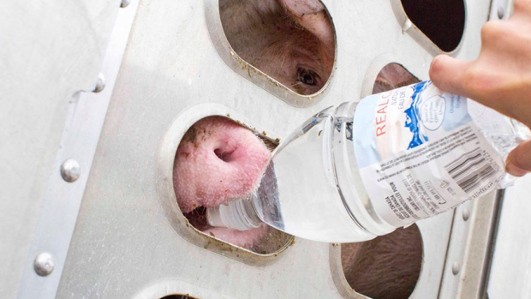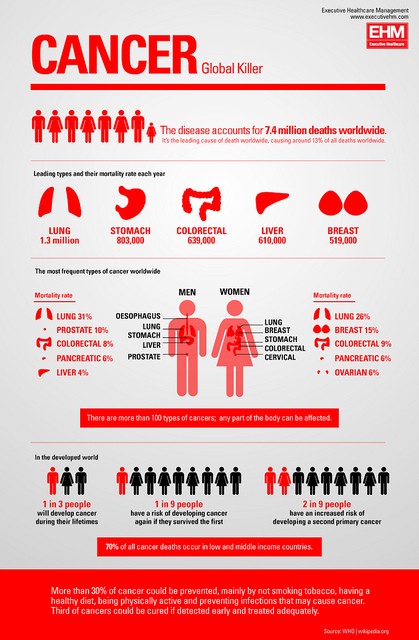Becoming vegan can be due to so many reasons such as conscientious concerns, for preventing animal cruelty and of course for its impact on someone’s health. However, starting your life as a vegan also goes along with some shortcomings that need first to be acknowledged and second redeemed as soon as one starts his or her vegan journey.
“There are many reasons why people choose to go vegetarian or vegan. Some are compelled by the environmental impact of confinement animal feeding operations (CAFO). Others are guided by ethical concerns or religious reasons. I respect these reasons and appreciate anyone who thinks deeply about the social and spiritual impact of their food choices—even if my own exploration of these questions has led me to a different answer.
But many choose a vegetarian diet is because they’re under the impression that it’s a healthier choice from a nutritional perspective. It is this last reason that I’d like to address in this article. For the last fifty years, we’ve been told that meat, eggs and animal fats are bad for us, and that we’ll live longer and enjoy superior health if we minimize or avoid them. This idea has been so thoroughly drilled into our head that few people even question it anymore. In fact, if you asked the average person on the street whether a vegetarian or vegan diet is healthier than an omnivorous diet, they’d probably say yes. But is this really true?
Plant-based diets emphasize vegetables, which are quite nutrient dense, and fruits, which are somewhat nutrient dense. However, they also typically include large amounts of cereal grains (refined and unrefined) and legumes, both of which are low in bioavailable nutrients and high in anti-nutrients such as phytate, and they eschew organ meats, meats, fish and shellfish, which are among the most nutrient-dense foods you can eat.
Vegan diets, in particular, are almost completely devoid of certain nutrients that are crucial for physiological function. Several studies have shown that both vegetarians and vegans are prone to deficiencies in B12, calcium, iron, zinc, the long-chain fatty acids EPA & DHA, and fat-soluble vitamins like A & D.
Vitamin B12
B12 deficiency is especially common in vegetarians and vegans. I’ve covered the prevalence of B12 deficiency in vegetarians and vegans at length in another article. The takeaway is that the most recent studies using more sensitive techniques for detecting B12 deficiency have found that 68% of vegetarians and 83% of vegans are B12 deficient, compared to just 5% of omnivores.
Vitamin B12 works together with folate in the synthesis of DNA and red blood cells. It’s also involved in the production of the myelin sheath around the nerves, and the conduction of nerve impulses. B12 deficiency can cause numerous problems, including:
- Fatigue
- Lethargy
- Weakness
- Memory loss
- Neurological and psychiatric problems
- Anemia
- And much more…
The effects of B12 deficiency on kids are especially alarming. Studies have shown that kids raised until age 6 on a vegan diet are still B12 deficient years after adding at least some animal products to their diet. In one study, the researchers found:
…a significant association between cobalamin [B12] status and performance on tests measuring fluid intelligence, spatial ability and short-term memory” with formerly vegan kids scoring lower than omnivorous kids in each case.
The deficit in fluid intelligence is particularly troubling, the researchers said, because:
…it involves reasoning, the capacity to solve complex problems, abstract thinking ability and the ability to learn. Any defect in this area may have far-reaching consequences for individual functioning.
A common myth amongst vegetarians and vegans is that it’s possible to get B12 from plant sources like seaweed, fermented soy, spirulina and brewers yeast. But plant foods said to contain B12 actually contain B12 analogs called cobamides that block the intake of, and increase the need for, true B12.”
To read the rest of the article, check it out on the original source over at Chris Kresser.
Related articles: Are there any benefits of being a vegetarian?







